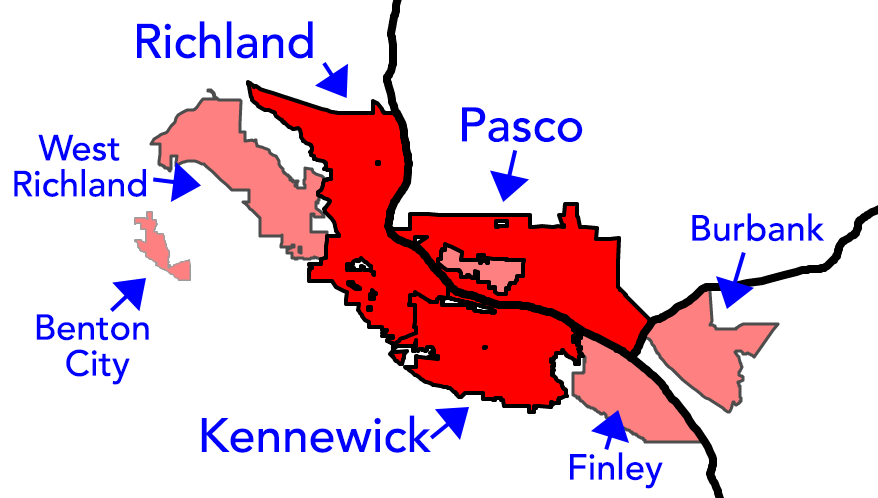Sarah hit the ground running a year ago when she joined the team at LCYC to help design, launch, and implement an expansion of the Youth Homelessness Program in Benton and Franklin Counties. I checked in with Sarah to reflect on the last year and her experience working for LCYC:
What originally drew you to LCYC?
In law school, I volunteered for a pro bono immigration clinic where I worked with many domestic violence victims and their children. I gravitated toward this work, as it was both motivating and rewarding. I had the opportunity to work with many amazing women attorneys who later became my mentors in this space.
When I came across the job posting for LCYC, I said “this is the perfect job.” It aligned with my values, my experience, and was also based in the community that I am from.
What does it mean to you to be able to practice law in the area you were born and raised in?
I am excited to do this work here! It’s a small-town kind of feel, so I am going back to my old high school to meet with clients. I see my former teachers, kids that I went to school with who have become teachers, and my aunts that work in the district. Those connections are really nice.
I also know what is missing, and that there has historically been a lack of visibility for youth issues. The community perspective is changing and is becoming more accepting of youth advocacy. There’s not a lot of legal aid in Tri-Cities, especially for kids.
What are the biggest gaps in Tri-Cities?
The biggest challenge is visibility on youth issues. Youth homelessness is not very visible here because there are barely any shelters, but those shelters are always full. Our lack of HOPE beds in the Tri-Cities also creates additional barriers for youth fleeing from violence in their homes.
It also takes time for the community to understand that youth should have a part in all actions that involve them. Youth should be able to speak to their own interests and advocate in their own case if they are an affected party.
What were your first few months like?
I tried to replicate our work in Walla Walla through the Anchor Communities Initiative by connecting with local partners in Benton and Franklin Counties. This was difficult to do during COVID-19, as a new organization in Benton and Franklin Counties. LCYC does things differently – virtually and progressively – by meeting youth where they are.
Early into the program, we started receiving clients from shelters because there is an obvious need for our services. We started with youth filing their own CHINS (Child In Need of Services) petitions, something that was rarely tried before in this community. We worked internally with the local court system and state agencies to create a simpler process for youth to file CHINS petitions. Through our collective conferences, the Juvenile Justice Center published materials to help youth file CHINS petitions.
What inspires you to do this work every day?
The youth. Seeing their transformation from an unstable place to a stable place where they can be with friends and focus on what’s important to them. It’s rewarding to see their personalities come out once they feel safe and stable – it’s about the little wins.
I am also incredibly fortunate to have great mentors at LCYC. I have learned so much from my colleagues, especially about youth advocacy.



